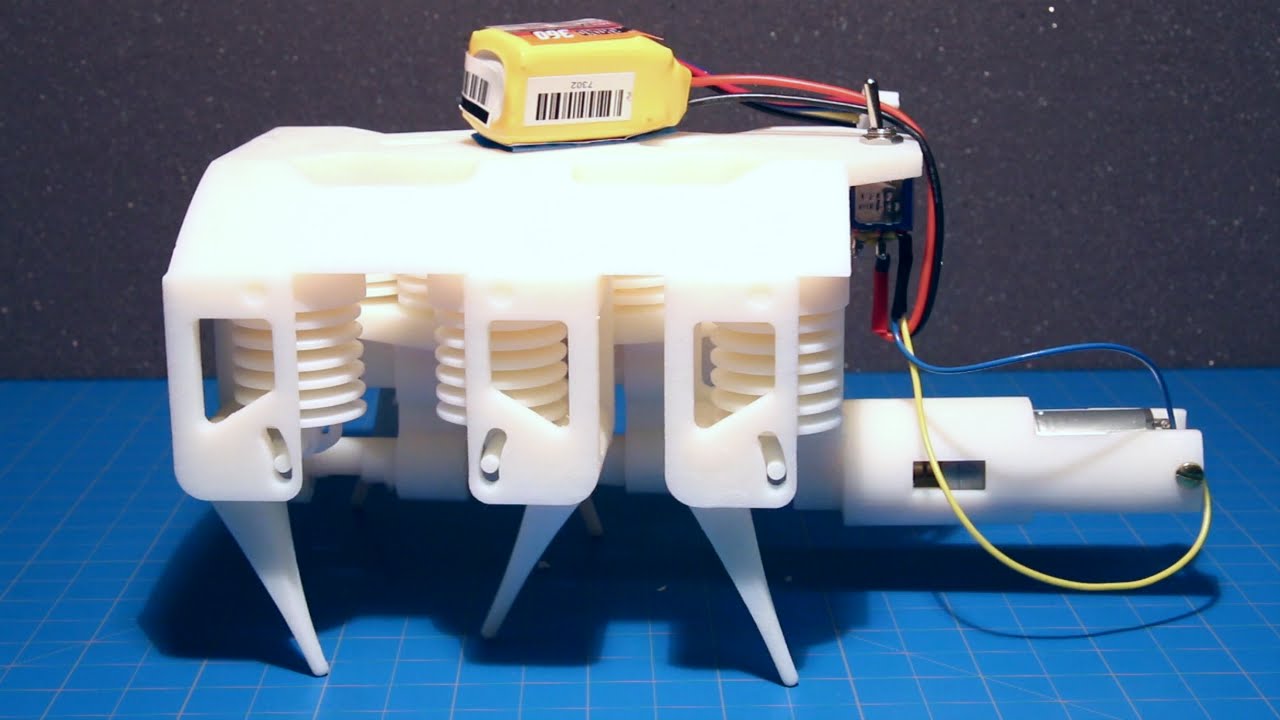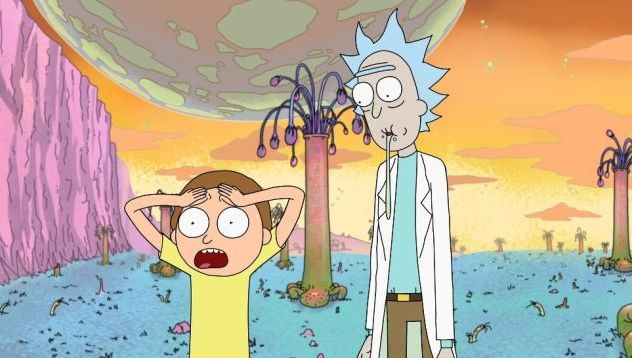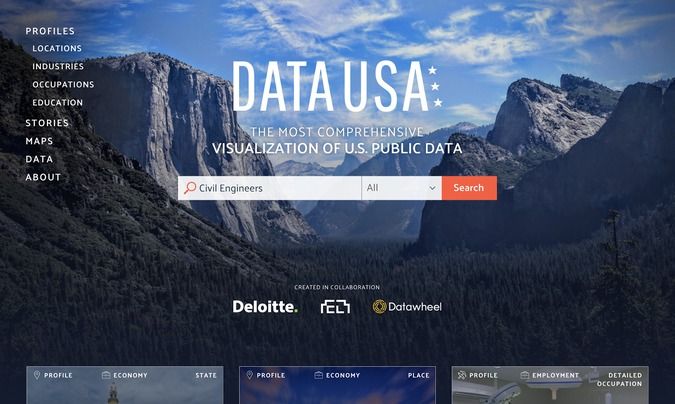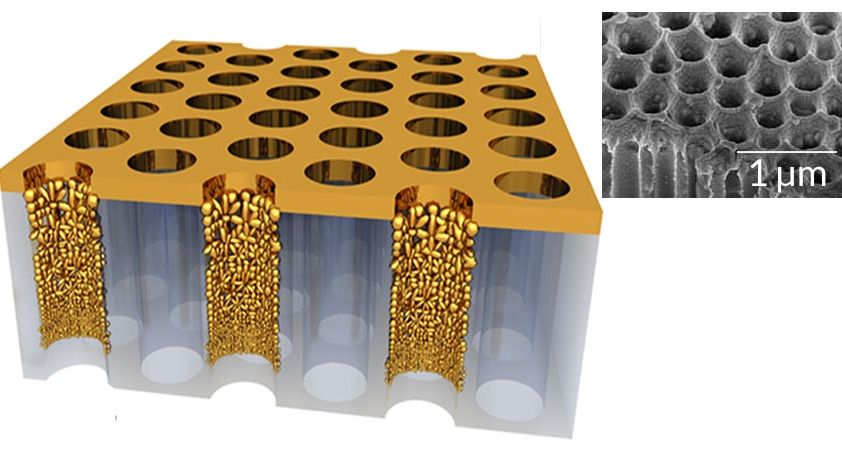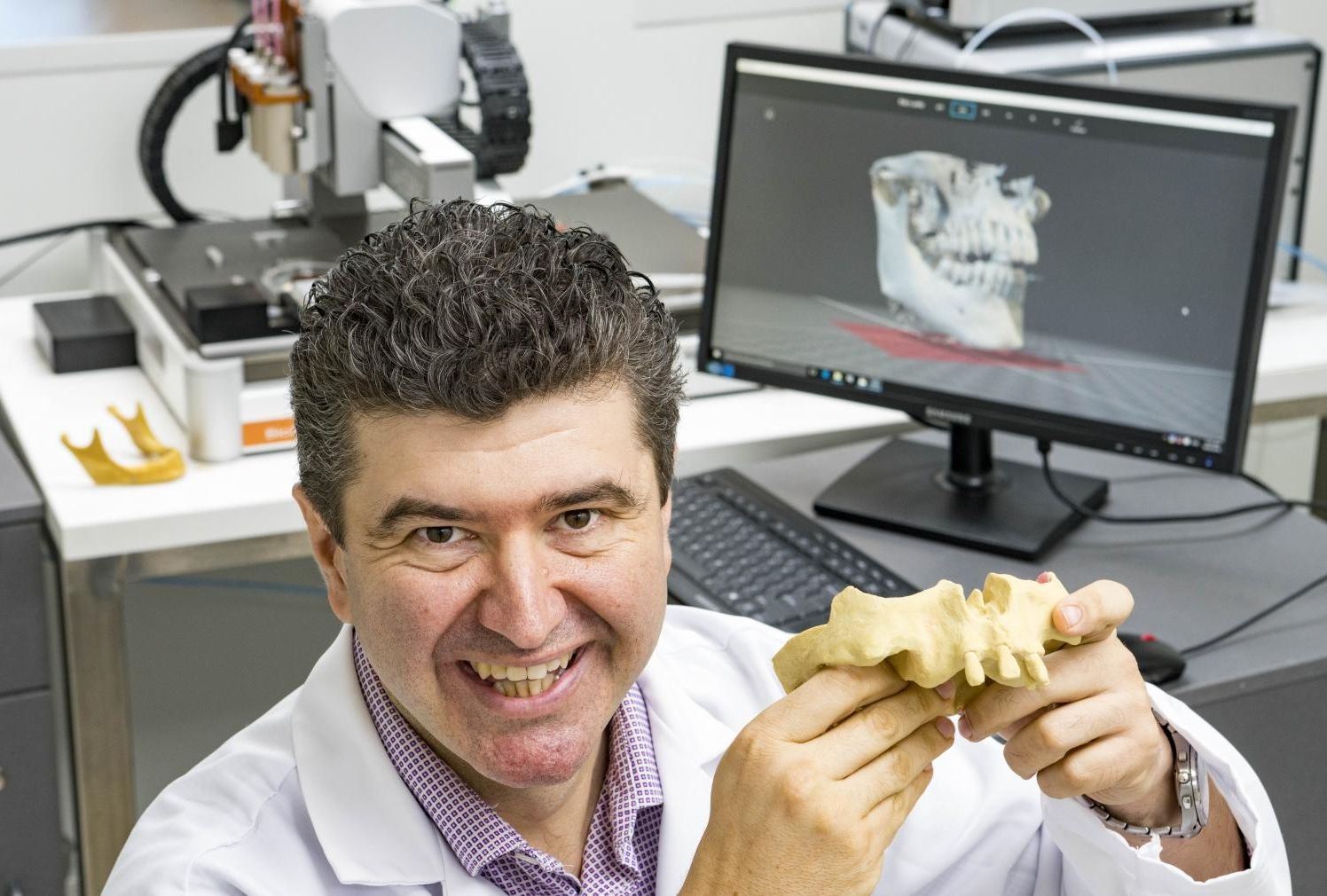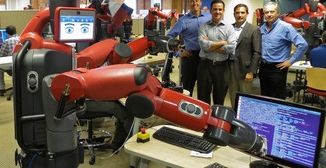Page 11269
Apr 14, 2016
Our conscious perception of the world feels like a continuous and uninterrupted flow
Posted by Sean Brazell in category: neuroscience
But a new study suggests that it’s actually more like the frames of a movie reel running through a projector.
There’s still a lot we don’t know about consciousness and how it arises in the brain. Even though perception—such as vision and hearing—feels smooth and uninterrupted, neuroscientists aren’t entirely sure if it flows continuously like water through a tap or if it’s more like the aforementioned 24-frame-per-second movie reel.
http://io9.gizmodo.com/8-things-we-simply-dont-understand-ab…-949442979
Apr 14, 2016
One of the greatest things about science is that it can change its mind
Posted by Sean Brazell in categories: cosmology, science
Apr 14, 2016
This series explores an anomaly CERN scientists announced last December at the Large Hadron Collider (LHC)
Posted by Andreas Matt in category: particle physics
This series explores an anomaly CERN scientists announced last December at the Large Hadron Collider (LHC), where protons are smashed together very close to the speed of light. My first installment explained how two detectors observed results at odds with predictions of the Standard Model. In the jargon of the field, they found a “diphoton excess at 750 GeV.” (My first piece explains what that means.)
This might be a very big deal. The Standard Model, which has withstood all experimental challenges for forty years, is our best theory of the fundamental particles that make up the matter and forces we know about. If the anomaly holds up, we will have come face to face with the Standard Model’s limitations.
But that’s a big “if.” The results are too preliminary for us to say anything for sure right now. Fortunately, CERN restarted the LHC experiments this month and is expected to make another announcement this summer. The new data may show that the anomaly was just statistical noise, but whatever happens, there is much to be learned from these efforts to probe the edges of our understanding. We may learn something about Nature, or we may learn that the existing theory has survived yet another test. In either case, by following how science gets done you can see why it is so exciting—the process as well as the results.
Apr 14, 2016
Website Seeks to Make Government Data Easier to Sift Through — By Steve Lohr | The New York Times
Posted by Odette Bohr Dienel in categories: big data, government
“This abundance of data can be a gold mine for discovery and insights, but finding the nuggets can be arduous, requiring special skills.
A project coming out of the M.I.T. Media Lab on Monday seeks to ease that challenge and to make the value of government data available to a wider audience. The project, called Data USA, bills itself as “the most comprehensive visualization of U.S. public data.” It is free, and its software code is open source, meaning that developers can build custom applications by adding other data.”
Apr 14, 2016
Consciousness occurs in ‘time slices’ lasting only milliseconds, study suggests
Posted by Shailesh Prasad in categories: entertainment, neuroscience
The question of how exactly we experience the world through our perception of consciousness is one that’s long intrigued scientists and philosophers. And at its core are two divergent hypotheses.
On the one hand, it could be that consciousness exists as a constant, uninterrupted stream of perception, like how it feels to watch a movie. You sit down with your popcorn and experience a film from beginning to end in one continuous flow, unaware of any segmentation or breakup as you go.
But another hypothesis of consciousness reflects what a film technically is: a series of individual frames of time stitched together into a reel that – when played back – appear seamless. So which is it? Is consciousness a seamless film, or is it a reel composed of discrete moments?
Continue reading “Consciousness occurs in ‘time slices’ lasting only milliseconds, study suggests” »
Apr 13, 2016
Turning water to steam, no boiling required
Posted by Shailesh Prasad in category: materials
A new material can convert water into steam with sunlight alone, and could be useful for making fresh water from salty.
Apr 13, 2016
Sharp’s ultra-cute RoboHon robot phone goes on sale next month for $1,800
Posted by Shailesh Prasad in categories: mobile phones, robotics/AI
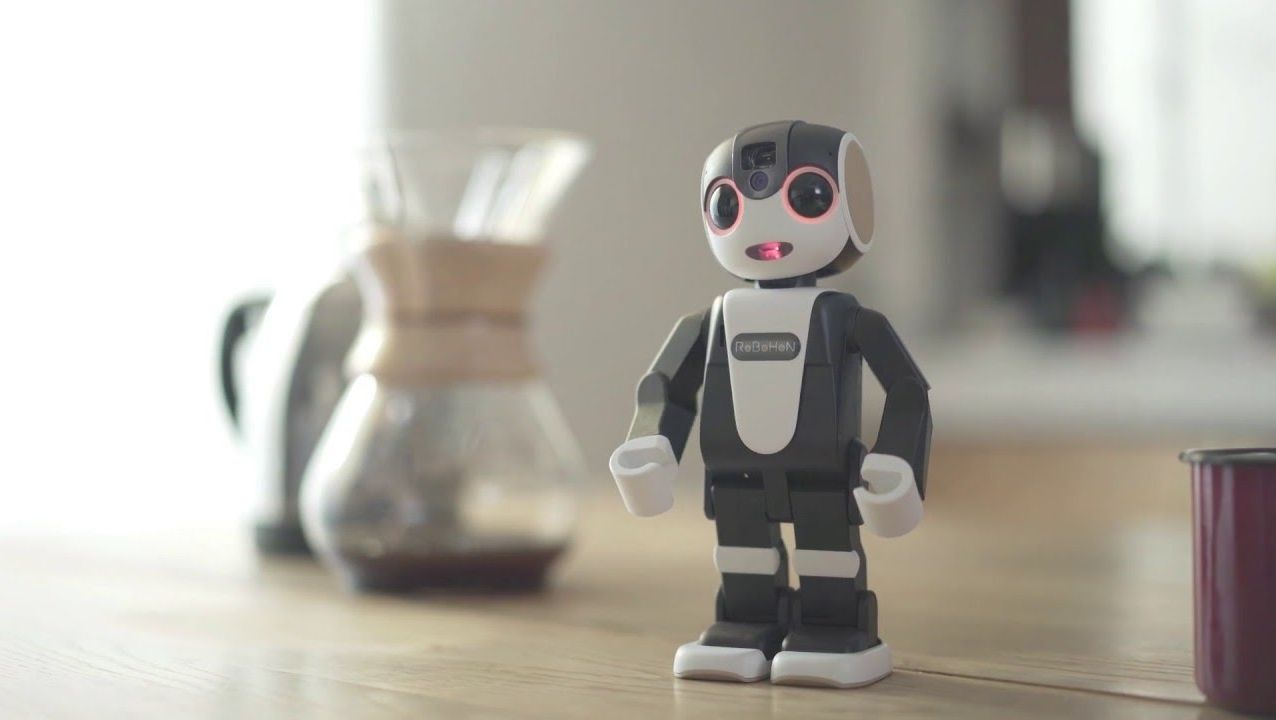
https://youtube.com/watch?v=K2Z5YIZ24yI
RoboHon, Sharp’s dubiously useful but definitely adorable phone that walks around on two legs and projects you happy images when you’re sad and alone in your bedroom, is actually making its way to market. Sharp announced today that the phone/robot/thing will see release on May 26th in Japan, with preorders now open. It has a 2-inch screen on its back and runs Android 5.0.
The last time I wrote about RoboHon I expressed hope that Sharp can “get this weird little guy onto the market for a reasonable price.” That, uh, appears to have been difficult; RoboHon is selling for 198,000 yen, or about $1,800, before you get into service fees. But hey, you can’t put a price on true friendship — I hope to evaluate RoboHon’s conversational skills, punctuality, and Myers-Briggs personality type in the near future.
Continue reading “Sharp’s ultra-cute RoboHon robot phone goes on sale next month for $1,800” »
Apr 13, 2016
Team uses 3D tissue engineering to revolutionize dental disease
Posted by Shailesh Prasad in categories: 3D printing, biotech/medical, engineering, health
The discomfort and stigma of loose or missing teeth could be a thing of the past as Griffith University researchers pioneer the use of 3D bioprinting to replace missing teeth and bone.
The three-year study, which has been granted a National Health and Medical Research Council Grant of $650,000, is being undertaken by periodontist Professor Saso Ivanovski from Griffith’s Menzies Health Institute Queensland.
As part of an Australian first, Professor Ivanovski and his team are using the latest 3D bioprinting to produce new, totally ‘bespoke,’ tissue engineered bone and gum that can be implanted into a patient’s jawbone.
Continue reading “Team uses 3D tissue engineering to revolutionize dental disease” »
Apr 13, 2016
Pres. Obama and Congress: Enact a Basic Income for all Americans
Posted by Shailesh Prasad in categories: economics, employment, government
Income inequality in the United States has risen sharply in recent years and continues to get worse. Widespread unemployment is becoming imminent, as more and more traditional jobs are replaced by technology and automation. Without serious intervention, we could face massive increases in poverty and civil unrest in the years ahead.
A guaranteed Basic Income, which would directly provide all Americans with enough money each month to live on, would both end poverty in the US and shift our economy to one that doesn’t require full employment. It’s a simple program that could save us from the looming economic crises.
It’s time for the federal government to create a social safety net designed for the 21st-century. We’re calling on President Obama and members of the United States Congress to enact a Basic Income for all Americans.
Continue reading “Pres. Obama and Congress: Enact a Basic Income for all Americans” »
